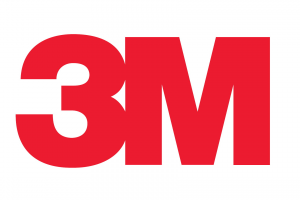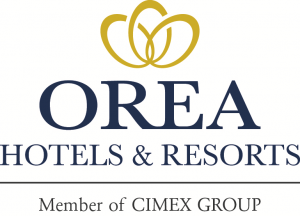European companies complacent about rising fraud and corruption risks
25.05.2011Company: EY
Employees are frustrated with management’s tolerance of unethical conduct. Czechs are calling for greater regulator and government supervision, but do not believe the authorities are willing and able to prosecute corruption
More than a third of employees at large companies across Europe are prepared to offer cash, gifts or entertainment to win business. So say the results of an Ernst and Young European survey on fraud, bribery and corruption, which polled more than 2,300 employees from major companies in 25 European countries. The situation is even more alarming in the Czech Republic, where more than half of Czech managers feel that offering gifts, cash or entertainment can be justified to help a business achieve growth. It’s no surprise, then, that 83% of Czechs are calling for stricter regulator and government oversight. However, only 6% believe regulators are willing and able to prosecute corruption effectively. In contrast to western European respondents, fewer Czechs believe that a company’s good reputation for ethical conduct pays off.
Overall, almost 8 out of 10 respondents in Czech Republic agree bribery/corrupt practices happen widely in business in this country (62% European average). In Europe, cash payments as a form of bribery is most likely to occur in Greece (44%) and Russia (39%) and least likely in Norway (6%) and France (5%). 23% of the Czech respondents and even one out of three managers are prepared to offer cash payments to win business.
While 40% of the European respondents say fraud and corruption have worsened over the last two years due to economic downturn, only 20% of the Czechs respondents believe that increased corruption can be attributed to the economic crisis.
“Our survey findings should cause concern among directors across Europe, and not only for them,”
says Magdalena Souček, Country managing partner of Ernst & Young in the Czech Republic. “Although anti-corruption measures are increasing, they seemingly do not have an appropriate impact on employees and their perception of unethical conduct of management. Employees believe that unethical conduct is tolerated more than ever and a focus on anti-corruption measures is declining. Reinvigorating the commitment by management and their boards to ethical growth should therefore be an urgent priority, and will be appreciated by employees and stakeholders alike.”
Markus Lohmeier, Ernst & Young’s Fraud Investigation & Dispute Services Leader for the Central and Southeastern Europe, adds: “The risk companies are facing here is in fact increasing because a number of countries are significantly toughening their anti-corruption regulations, meaning regulatory bodies will be far better able to prosecute fraud and corruption. All the more reason for management to demonstrate greater commitment to ethical conduct through their actions and not avoiding unpopular measures.”
Failure of compliance leadership from management
It is clear from the survey that boards and senior management are held accountable for establishing and enforcing standards of ethical conduct. More than three-quarters of those surveyed think that company boards should be held personally liable for fraud, bribery and corruption.
“When it comes to maintaining ethical standards, management is not setting a good example for employees. A third of Czech respondents do not believe that management behave honestly and ethically. No wonder: only 18% of respondents in management roles reject unethical conduct as a means to meeting financial targets,” explains Tomas Kafka, a senior manager in Ernst & Young’s Fraud Investigation & Disputes Services in the Czech Republic.
Compared to the European average (66%), significantly fewer Czech respondents (37%) believe there is a commercial advantage in a strong corporate reputation for ethical conduct.
“This result is a sad indication of the state of economic competition in the Czech Republic, and underlines potential inefficiencies in resource allocation in the Czech economy,”
says Tomáš Kafka.







